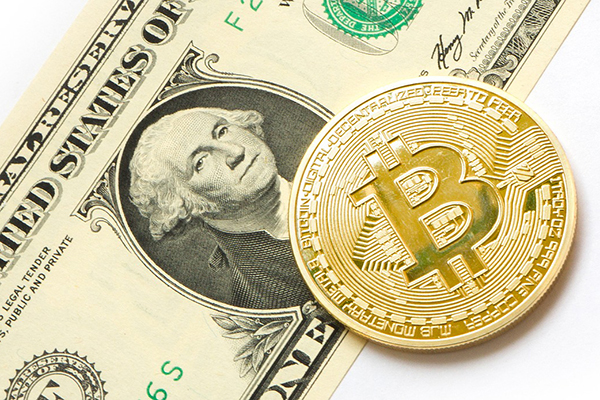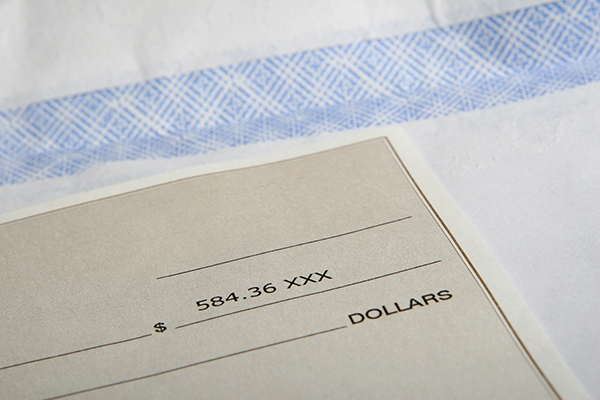
Here’s the problem: most people who know a lot about Bitcoin can only speak “tech”. All You Need To Know About Bitcoin.
Almost 100% of the people wanted to learn about Bitcoin without the technical jargon.
People are hungry for this. They don’t want to hear about “crypto” or “blockchain”. They just want to know what all this Bitcoin stuff is about.
If you want to know what is Bitcoin, how you can get it and how it can help you, without floundering into technical details, this guide is for you. It will explain how the system works, how you can use it for your profit, which scams to avoid. It will also direct you to resources that will help you store and use your first pieces of digital currency.
Small wonder that Bitcoin emerged in 2008 just after Occupy Wall Street accused big banks of misusing borrowers’ money, duping clients, rigging the system, and charging boggling fees. Bitcoin pioneers wanted to put the seller in charge, eliminate the middleman, cancel interest fees, and make transactions transparent, to hack corruption and cut fees. They created a decentralized system, where you could control your funds and know what was going on.
Bitcoin is one of those things that in the past several years has created a lot of buzz around the globe. Be it Brexit, or Donald Trump as the US president, or India demonetizing their currency, dramatic economic events can be viewed in terms of Bitcoin.
In this beginner’s guide to Bitcoin, you will learn all of the basic, yet essential stuff related to Bitcoin.
There are many ways by which you can understand what Bitcoin is.
All You Need To Know About Bitcoin
Let us explain it to you with the help of an example.

Today, let’s say you need to send money from Sweden to the U.S.A. You use your bank wire transfer service or services like PayPal or Payoneer to send money.
For such money transfers (remittances), you end up paying a lot of fees:
- Currency conversion fees.
- Service fee to the bank for keeping a record of your money & ensuring safety.
- If you’re using a payment gateway such as Stripe, 2Checkout, PayPal, or any other, you will pay transaction fees. Some of them also deduct conversion charges.
Technically, you are paying money to the bank for securing & transferring the money on your behalf. In reality, everything is monitored on a ledger (bank records) & money is just transferred digitally from one account to another.
This is not like the physical delivery of goods; money is not moved physically. However, even though it’s digital, we pay a large chunk of the transfer amount (2% to 10%) as “service” fees. Let’s say you transfer $100 from one country to another, anything between $2-$10 is given up because of these fees.
Even though everything is done digitally, why are you losing so much money? Well, this is how banks & remittance services like PayPal and Payoneer have been mining hard earned money from users like us.
But there’s a solution to this problem of cross-border transactions (aka remittances):
All You Need To Know About Bitcoin

Unlike fiat money (INR, US Dollar, Euro & other paper currencies), Bitcoin is not regulated by any country. It’s kind of like the official currency of the internet & anyone with an internet connection can own it. This makes it independent of any corporate monopoly because everything about Bitcoin is governed by the huge community of users like we, you, and all of the others who are using it.
The best thing about Bitcoin is how easy it is to transfer all over the world with very low fees.
For example, transferring any amount of bitcoin from the United States to Europe will cost only $2-3 or less.
Your transaction also remains anonymous. Only the sender and the receiver know who is involved with the transaction.
As the world is slowly adopting & accepting Bitcoin, individuals & businesses are saving a lot of money while doing business globally.
All You Need To Know About Bitcoin
No Central Command

Bitcoin isn’t owned by anyone. Think of it like email. Anyone can use it, but there isn’t a single company that is in charge of it.
Bitcoin transactions are irreversible. This means that no one, including banks, or governments can block you from sending or receiving bitcoins with anyone else, anywhere in the world. With this freedom comes the great responsibility of not having any central authority to complain to if something goes wrong.
Just like physical cash, don’t let strangers hold your bitcoins for you, and don’t send them to untrustworthy people on the internet.
Bitcoin Price
Like everything, Bitcoin’s price is determined by the laws of supply and demand. Because the supply is limited to 21 million bitcoins, as more people use Bitcoin the increased demand, combined with the fixed supply, will force the price to go up.
Because the number of people using Bitcoin in the world is still relatively small, the price of Bitcoin in terms of traditional currency can fluctuate significantly on a daily basis, but will continue to increase as more people start to use it. For example, in early 2011 one Bitcoin was worth less than one USD, but in 2015 one Bitcoin is worth hundreds of USD.
In the future, if Bitcoin becomes truly popular, each single Bitcoin will have to be worth at least hundreds of thousands of dollars in order to accommodate this additional demand.
Securing your wallet
Like in real life, your wallet must be secured. Bitcoin makes it possible to transfer value anywhere in a very easy way and it allows you to be in control of your money.
Such great features also come with great security concerns. At the same time, Bitcoin can provide very high levels of security if used correctly. Always remember that it is your responsibility to adopt good practices in order to protect your money.
What do I need to know to protect my Bitcoins?

Here are four pieces of advice that will help your bitcoins go further.
As you’d do with a regular wallet, only store small amounts of bitcoins on your computer, mobile, or server for everyday uses, and keep the remaining part of your funds in a safer environment.
- Backup your wallet on a regular basis and encrypt your wallet or smartphone with a strong password to protect it from thieves (although, unfortunately, not against keylogging hardware or software).
- Store some of your bitcoins in an offline wallet disconnected from your network for added security. Think of this as a bank, while you, generally, keep only some of your money in your wallet.
- Update your software. For added protection, use Bitcoins’ multi-signature feature that allows a transaction to require multiple independent approvals to be spent.
Spending some time on these steps can save your money.
For further information you can visit:
- What is Bitcoin? Everything you need to know about the booming ‘cryptocurrency’ that’s all the rage.
Maybe you are also looking for:



